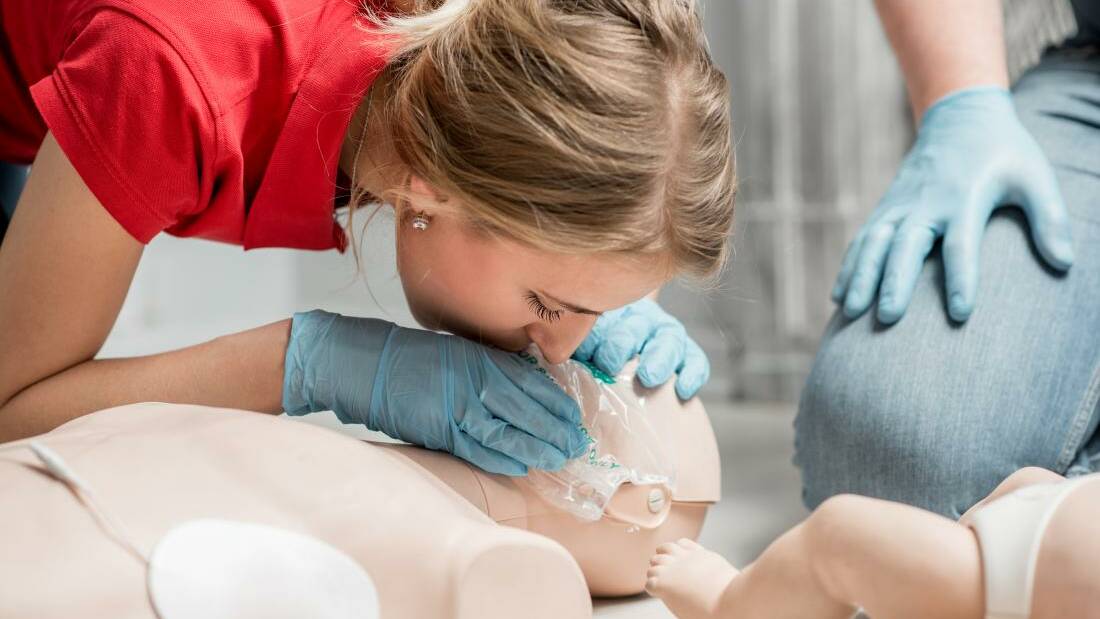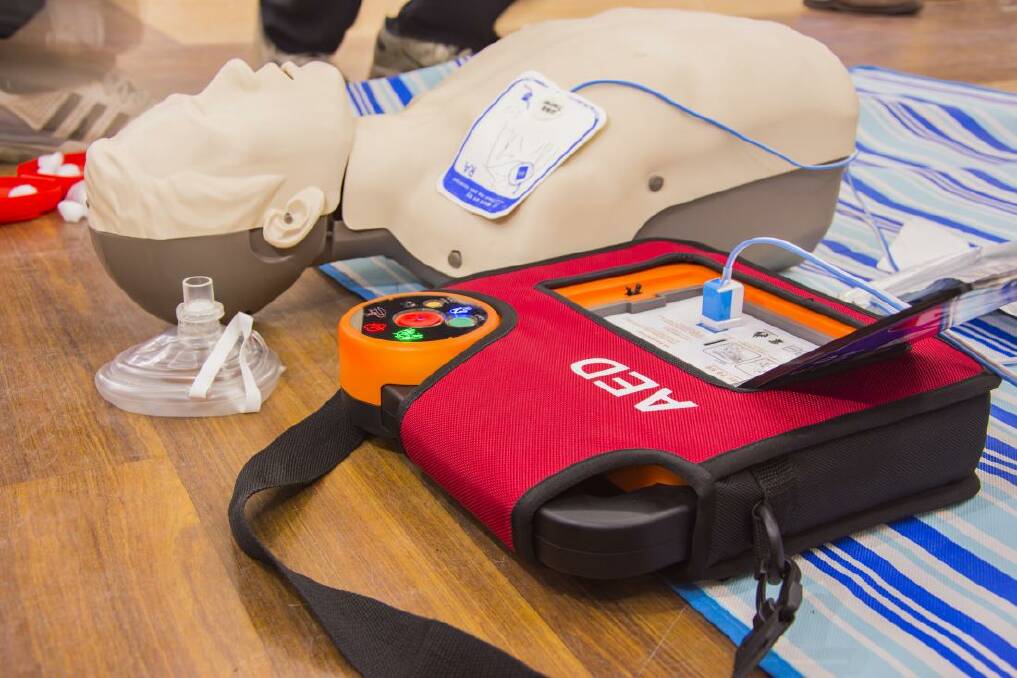6 Compelling reasons adults need to learn first aid

This is branded content.
As unpleasant as it may be, accidents can happen to anyone and at any time, and this is when a trained emergency responder could spell the difference between life and death.
Whether at home, in the office, or in public spaces, mishaps that cause injuries and pain require first aid for patient stabilisation.
First aiders are definitely valuable wherever they may be, but they're most valuable to their families, colleagues, and the entire community.
Ahead, you'd find the most compelling reasons adults should take first aid training courses.
It's a life-saving skill
When it comes to accidents, being a helpless spectator is not a good side to be on. At the same time, attempting to help without proper training and experience can do more harm than good.
For instance, in Australia, where heatwaves and other types of risks can be life-threatening, it's recommended to take general and specialised first aid courses like Australia wide first aid programs and similar training.
Knowing how to mitigate the risks involved in specific situations, like choking, heart attack, heatstroke, and other emergencies, can undoubtedly save lives.
It's useful for those living with persons with special needs
Learning first aid is particularly beneficial to persons living with individuals who have special needs or those who work in care centers.
Extra attention should be extended to a special group of individuals with high susceptibility to risks, such as the following:
- The elderly
- Infants and young children
- Persons with mental disabilities
- Individuals with physical and mobility problems
- People with health issues, such as epilepsy
- Persons afflicted with chronic illnesses
- Employees working in dangerous environments
A primary caregiver has the responsibility to ensure the safety of these individuals at all times. But when something serious happens, like an epileptic attack, a family member should be able to know how to handle the situation without endangering the patient.
It helps mitigate damage
Often, a patient's situation could quickly turn serious at the drop of a hat, especially without proper emergency care.
Administering first aid to a patient aims to prevent a potentially serious situation from getting worse. And it's particularly helpful during trips to remote areas where the rural healthcare system is often problematic.
With training, a first aider would learn how to approach the patient and handle the situation properly while waiting for the emergency medical team to arrive.
In some cases where there aren't enough resources available, adequate first aid knowledge could help a person adjust according to the situation.

It allows providing comfort and easing others' pain
In less serious situations where there's no need to rush a patient to the hospital, a certified first aider could still help the patient by providing comfort and easing their pain.
Minor accidents may still cause pain and discomfort, and this could lead to unnecessary suffering without a trained responder.
A training program would provide attendees enough knowledge on the proper techniques for placing an ice pack on sprains, strains, and other soft tissue injuries to alleviate pain and discomfort. It would also include lessons on the proper bandaging of wounds.
It's helpful to reduce infections
Safety goes hand in hand with reducing the development of infections, especially for wounds and other injuries. An untrained person may know how to change a bandage, for instance, but only a first aider knows how to properly disinfect wounds and protect these from infections.
A responder also knows specific techniques to promote a sanitised environment in all settings.
In this period of the Covid-19 pandemic, first aid training includes useful reminders on how to stay protected and reduce the probability of coronavirus transmissions.
Organisations acknowledge the need for first aid responders to assist injured and ill workers, adjusting workplace safety training to minimise physical contact.
It enhances useful skills
Apart from life-saving and damage-mitigating skills, learning first aid could also improve a person's overall skill set. Here are some things one could gain or enhance after training:
- Resourcefulness: Adequate training could help a person identify available items that could be used as alternatives to essential items in the first aid kit, such as a bandage, disinfectant, and anesthetic.
- Critical thinking: In the event of a more serious condition where it's best not to touch the patient, a certified first aider could still help by keeping the person calm. A useful strategy is to interview the person to discover critical information crucial to treatment and the patient's survival.
- Working well under pressure: First aiders are trained as emergency responders in the sense that they're compelled to stay calm in crisis situations in order to identify the right approach.
Final thoughts
If you find fulfilment in saving someone's life or learning life-saving skills out of necessity, consider enroling in a first aid training course.
Learning how to perform first aid could make you feel confident that your acquired skills would be helpful in different settings.
The benefits of learning first aid don't stop at its potential applications. They could also seep into the other areas of your life.


